Glenden residents rally to save town from oblivion
It may be a mining town more than 160km from the coast - but that doesn’t tell the real story about life in Glenden, the tiny Queensland town set to disappear.
QLD News
Don't miss out on the headlines from QLD News. Followed categories will be added to My News.
It’s one of the old mine managers’ houses that captures the absurdity of the situation out at Glenden.
Four bedrooms, two bathrooms, range oven, airconditioned, double garage, carpeted throughout and all on a massive quarter acre block – it’s a real estate spruiker’s dream.
This is family living in the picturesque town only two hours west of Mackay, with the 24-hour community health centre, the ambulance service, the tennis courts, school to grade 12 within walking distance, nearby Lake Elphinstone for weekend picnics and boating, connectivity with Telstra and Optus and the NBN providing better communication than some coastal communities, and nothing for you to do but move in.
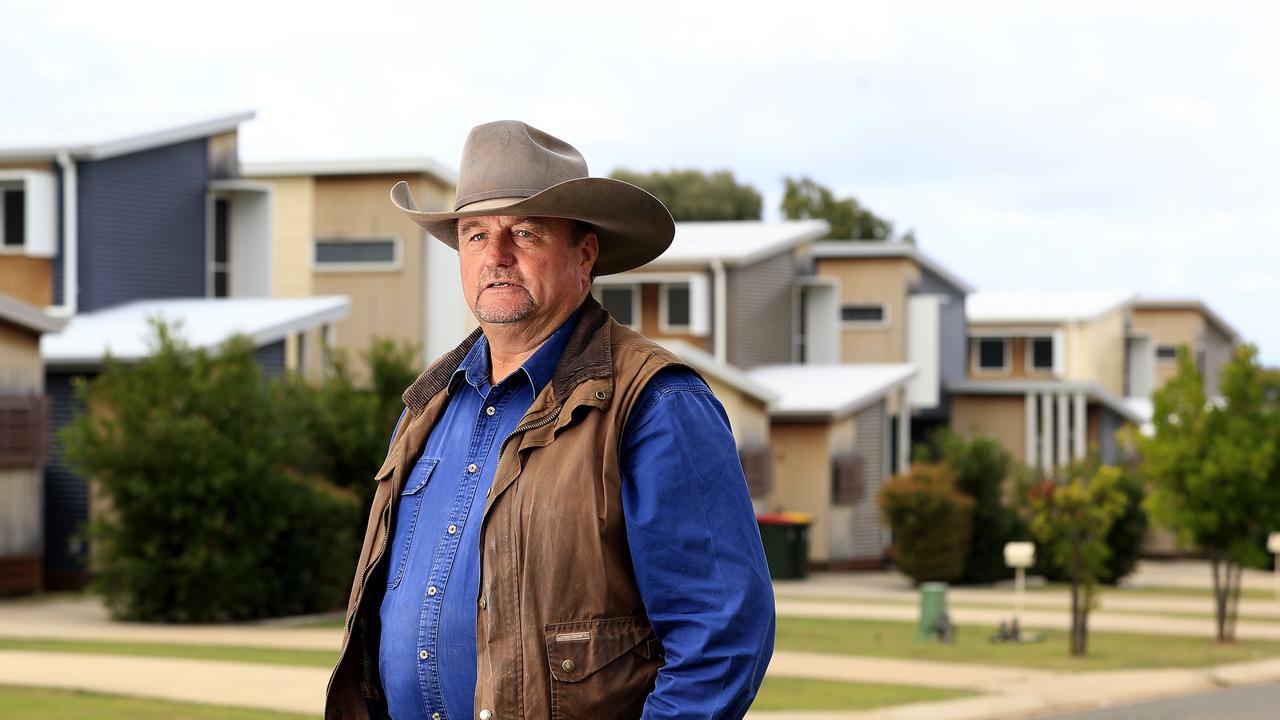
It’s something you’d pay $700,000 for at Caboolture and consider yourself lucky to have secured the property in the present housing crisis, yet this home is set for oblivion as the town disappears from the map.
The tennis courts will go, the magnificent pool precinct, the still functioning library and takeaway and those neat little gardens still thriving from the seemingly infinite water supply drawn out of the Bowen River which feeds off the Clarke Range west of Mackay. All of it will disappear under the wrecking ball if the state government holds its nerve and allows Glenden to be destroyed.
So will the theatre in which Tony Phillips played out the majority of his 67 years of life.
Phillips watched Glenden grow out of the dust, and if it returns to dust he’ll simply mingle with it because he’s picked out the spot where he’ll be buried, right next to his granddaughter’s grave. “This is home,” he says simply.
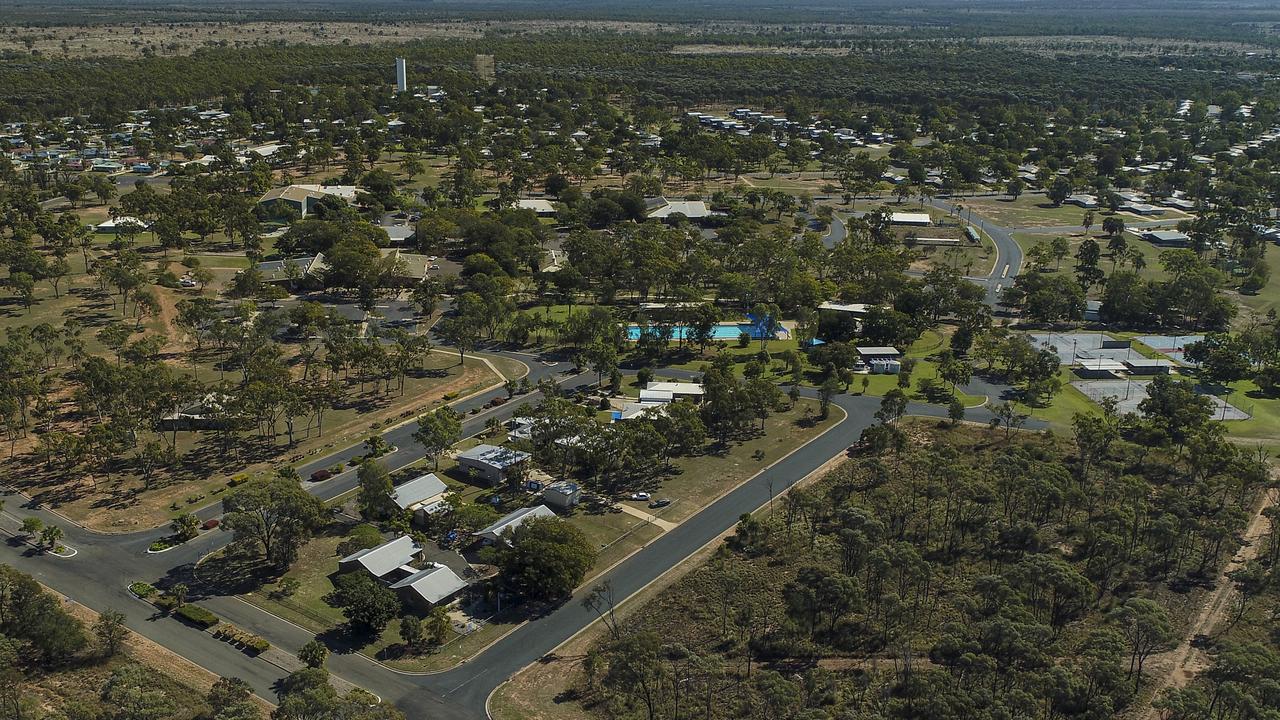
Glenden, southwest of Mackay, is still a home for hundreds more people and has been since the 1980s when Mount Isa Mines, under the regime of Premier Sir Joh Bjelke Petersen, pretty much did what it was told and built a town to go with nearby Newlands Mine.
Fly-in, fly-out was not yet the dominant business model for mining, and neighbouring Moranbah, which was only 10 years old as the ’80s dawned, was starting to take shape as a major inland centre as the state government envisaged a miniature version of America’s midwest emerging in the Mackay hinterland.
Glencore took over from Mount Isa Mines in the early 2000s and now, with the last of the coal now mined, the Swiss-based company has a contractual obligation to rehabilitate the site which will take about eight years and will probably include the destruction of the town.
An alternative to that scenario is to have QCoal, which is just starting up the Byerwen project 20km from town and expected to produce 10 million tonnes of coking coal annually, move its workforce into Glenden.
But QCoal wants to build its own mining camp and there is very little to stop it doing so except perhaps State Resources Minister Scott Stewart, and Anne Baker.
The Isaac Regional Council Mayor, who has been in local government for more than 16 years, has shown a remarkable tenacity in fighting back against the potential destruction of the town, running a sophisticated media campaign and using the legal system to try and both save and reignite Glenden which is so central to the region’s prosperity.
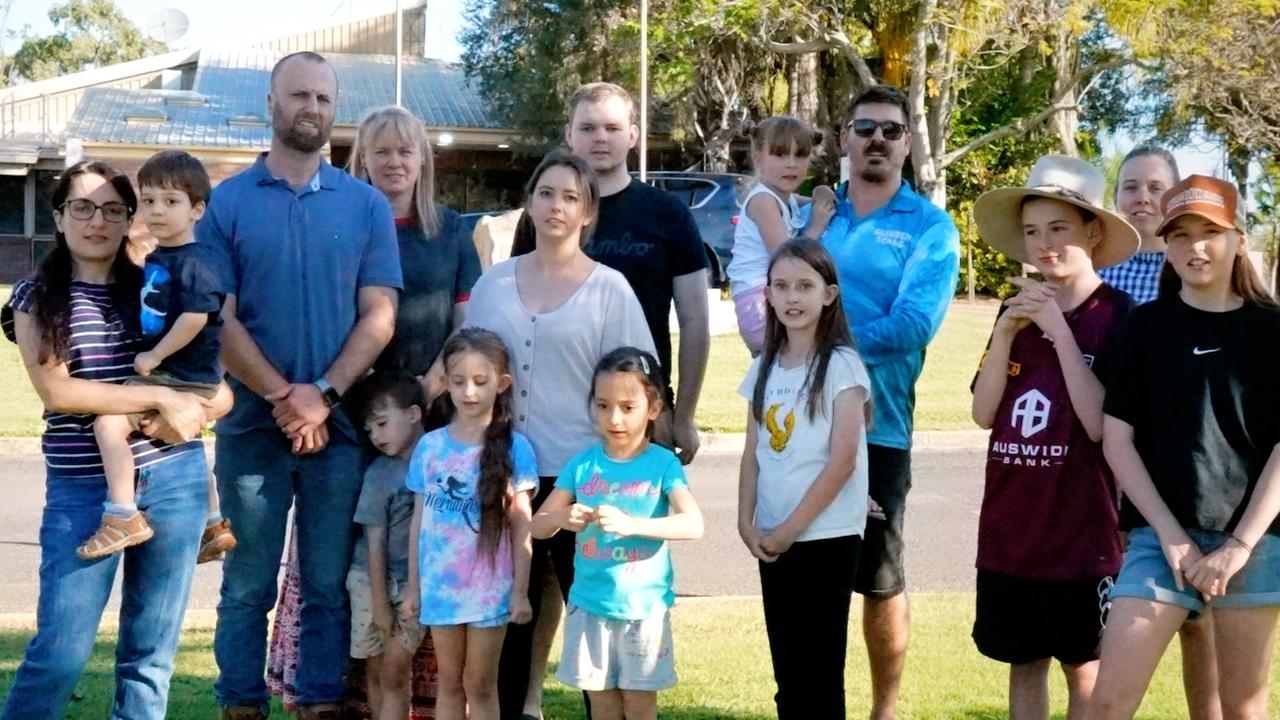
“If this happened in the heart of the South East corner there would be chaos and government intervention,” she said last month in one of her more pointed criticisms of the Labor government she sees as ultimately responsible for Glenden’s fate.
Isaac Council, located in the heart of the Bowen and Galilee basins and with mining in its DNA, has taken the matter into the Planning and Environment Court and can point to three positive outcomes over the past five years, albeit accompanied by a $600,000 legal bill.
Isaac may have successfully argued the proposed mining camp would drain the life out of Glenden, but the matter has ping ponged between the appellate courts and now, ultimately, resides in the office of Mr Stewart, who will make a determination probably within weeks, if not days.
There is some history which suggests some bad blood between Glencore and QCoal may have some role to play in the present standoff.
It is believed that QCoal was quite open to purchasing Glenden houses for workers at its Byerwen project, but negotiations soured over what QCoal saw as unrealistic prices.
QCoal managing director Christopher Wallin had told workers bluntly in an open letter that the company was being unfairly targeted in a politically motivated campaign of misinformation to disrupt the mining accommodation approval process.
QCoal says it has maintained its position to provide non-resident workers with a choice about where they live even since it began its approvals process. “This is a fundamental human right,’’ Mr Wallin said.
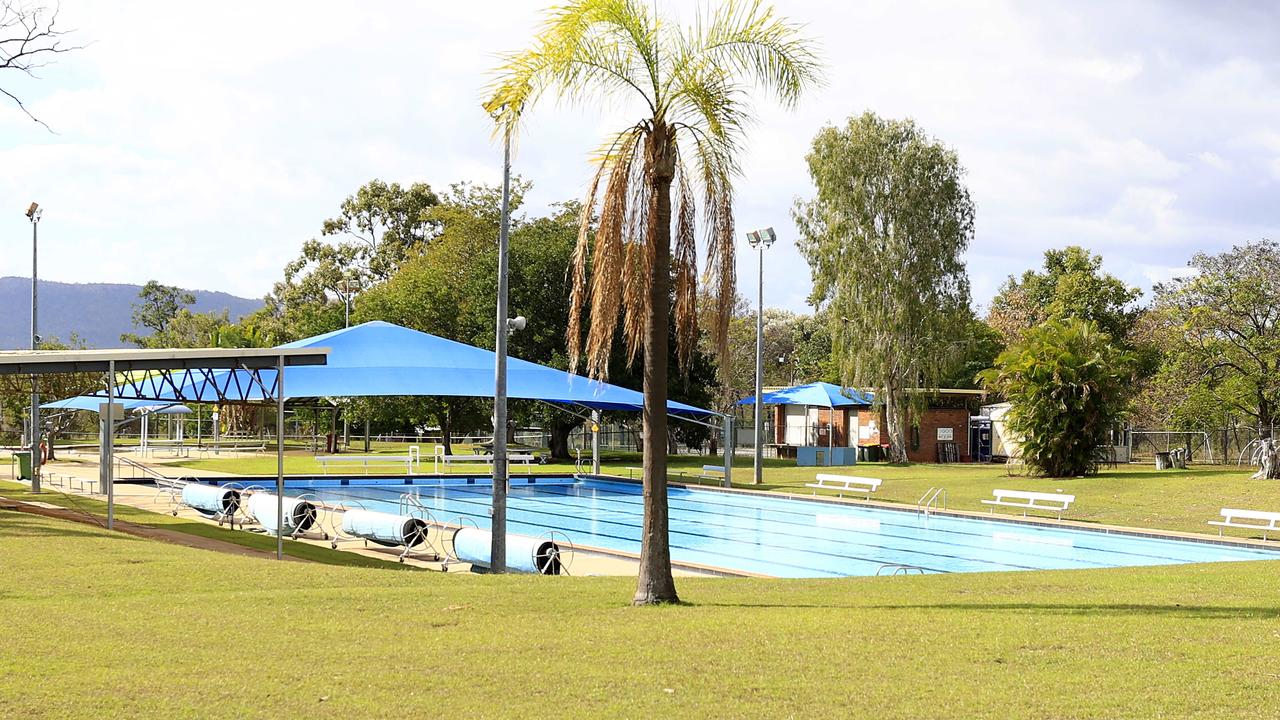
Most non-resident workers wanted to live in a mine-based worker’s camp, and all Byerwen non-residents live in the regions, mainly Townsville, Mackay and Bowen.
“This is not about QCoal’s non-resident workforce living in the regions – they already do – they just chose not to live in Glenden,’’ he said.
But, to facilitate its non-resident workers’ choice about accommodation, QCoal had also acquired 14 houses in Glenden and accommodated some of its workforce at the Glenden Motel, while also renting three additional premises.
Ms Baker, who needs a sustainable rates base to service the town, can point to Labor’s historic (if fast fading) connection to mining to demand it come to Glenden’s rescue.
There are also less sentimental reasons to demand Labor’s support, such as the Strong and Sustainable Resources Act passed in 2017 which was specifically designed to help mining towns like Glenden survive and prosper, and “ensure that residents of communities near large resource projects benefit from the construction and operation of those projects”.
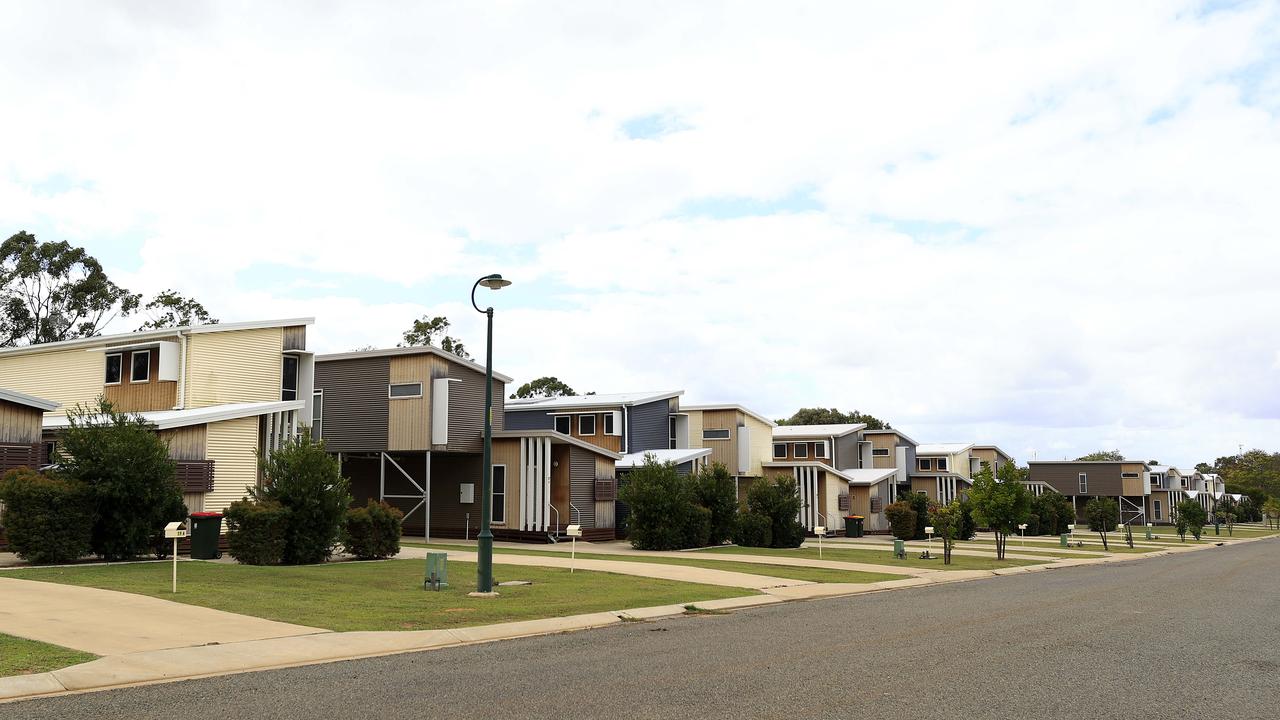
To Phillips, allowing Glenden to die is simply not an option. He arrived in the 1980s with wife Penny and two kids no higher than his knees and lived in a caravan next to the town’s massive generator which only gave the family a few sleepless nights.
“You get used to the noise.’’
From those modest beginnings, the Phillips family thrived while the town literally flowered.
Neighbours engaged in subtle competitions for the best lawns and gardens, largely because they had ample time between shifts and zero water restrictions.
As the ’80s progressed, a community of well-paid, family orientated and largely youthful and energetic souls began fusing together.
“We had two football teams, a union side and a rugby league side, soccer teams, a touch football club with 24 teams, a pony club with 30 odd riding members, motocross and a flat track, power boats, water skiing – every second house had a ski boat – you had a golf club, bowls club, the rodeo grounds, tennis matches with people from Mackay coming out to play, you name a club, we had it,’’ Phillips recalls.
“I reckon the only thing we didn’t have was a chess club.’’
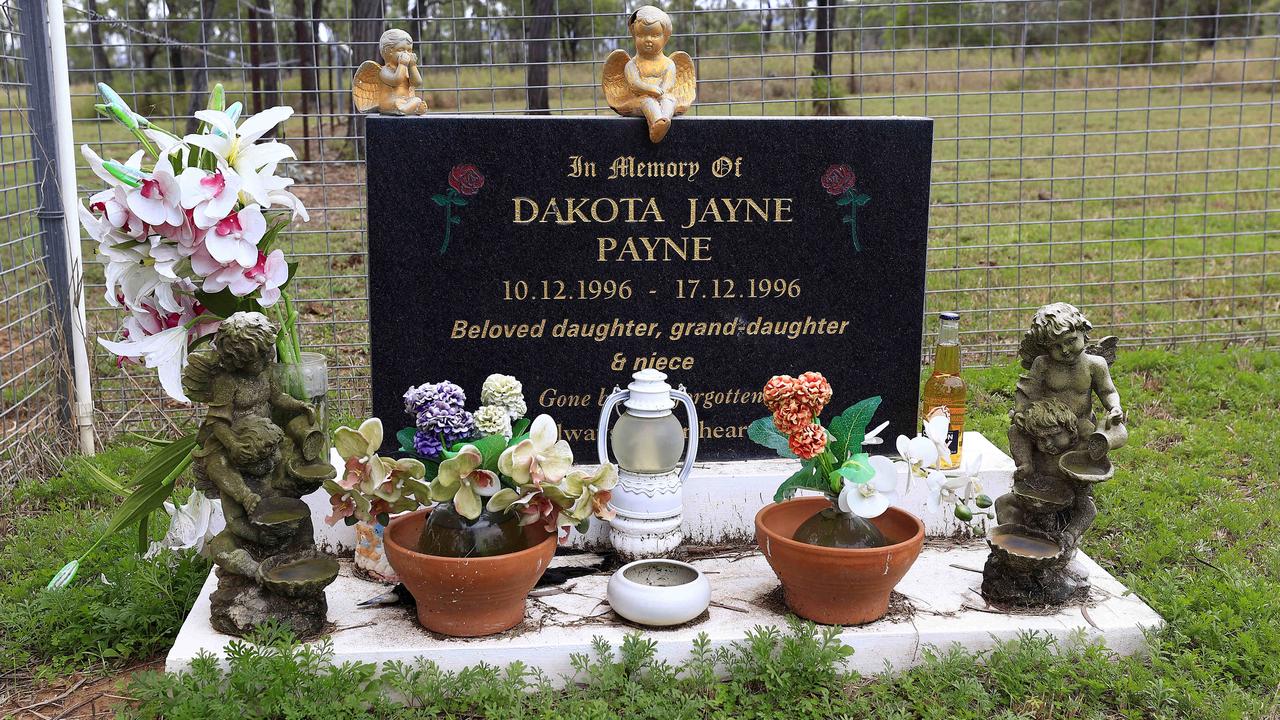
Mount Isa Mines and Glencore could hardly be accused of being miserly when it came to community engagement.
Towns larger than Glenden cry out for doctors, but the reliable “Dr Parker’’ was there until only recently along with a 24-hour nurses clinic which still exists, ambulance services and a helipad which could get a patient to Mackay Base Hospital in under 20 minutes.
A big man who worked on graders and D-10 bulldozers and those 200-tonne excavators which shift coal into the “belly dumpers’’, life has been good to him but, as in all lives, mingled with tragedy.
Granddaughter Dakota Jane Payne was born on December 10, 1996, and died seven days later, her grave a lone sentinel in the Glenden Cemetery.
Phillips, without a trace of maudlin sentimentality, declares he will never leave Glenden. The end of his rather cheerful and hugely successful life will be marked by a gravestone beside Dakota’s.
“I’ll join my little girl.”




